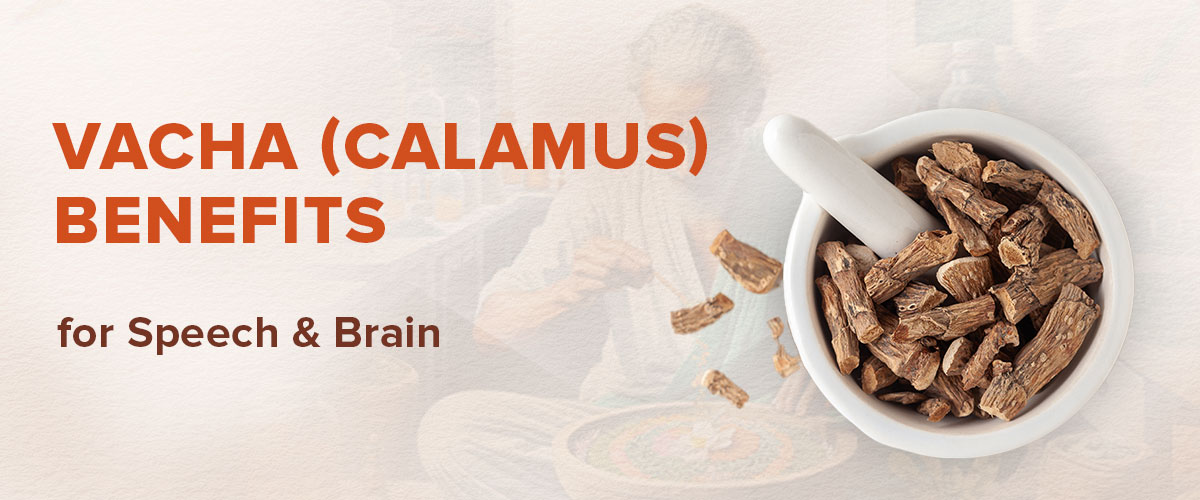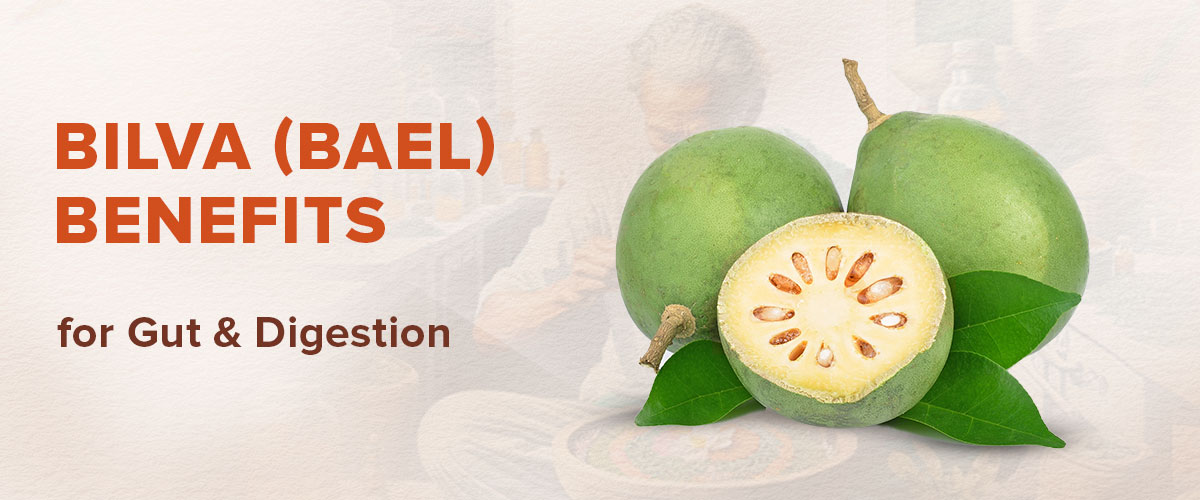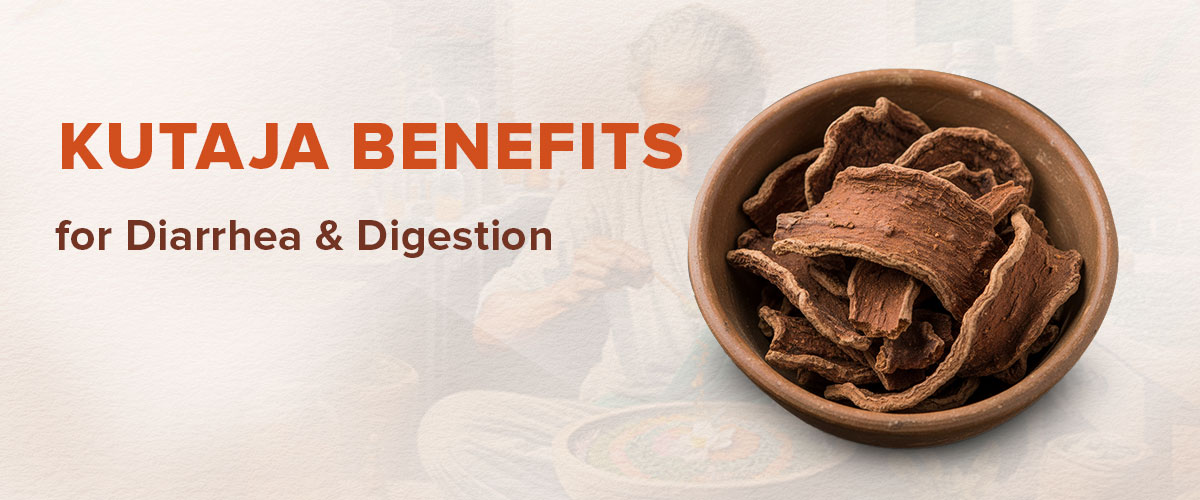Cinnamon: Benefits, Uses, and Healing Properties

Cinnamon is a warm, sweet spice that you can commonly find in your kitchen. In Sanskrit, it's called Tvak or Dalchini, and its scientific name is Cinnamomum verum (also known as zeylanicum). You might already use it in your tea, chai, or desserts, but cinnamon has more benefits than just taste.
Ayurveda has been using cinnamon for thousands of years. Ayurvedic healers still call cinnamon bark a mild detoxifier and digestive warming herb that is great for tea or lemon water infusions every day.
Now, modern science has added strong proof to these claims of Cinnamon benefits. A clinical trial was conducted in 2023 with people facing type 2 diabetes and women with PCOS. It found that adding cinnamon to standard treatments lowered fasting blood sugar by an average of 10.9 mg/dL and hemoglobin A1c by about 0.10%.
Cinnamon benefits are no longer just stories; they are now a real, research-backed way to improve your health. Let us find out how.
What is Cinnamon & Its Ayurvedic Properties?
Cinnamon, also called Dalchini in Ayurveda, is more than just a flavouring spice. Ancient texts say that it is a natural way to help with digestion, period cramps, cough and cold, and problems with Vata and Kapha doshas.
Let us now see how Ayurveda describes this powerful herb:
- Taste (Rasa): The taste of cinnamon is sweet and strong. That's why you first taste a mild sweetness when you chew it, and then a warm, spicy kick. This mix can help your digestion and even make you want sugar less.
- Guna (Qualities): It is considered light and dry. This means it helps get rid of extra moisture in the body and makes your stomach feel less heavy, which is great if you often feel bloated or sluggish.
- Strength (Virya): Cinnamon has a hot potency, or Ushna Virya. If you often feel cold, have trouble digesting food, or get sick a lot, cinnamon can help your body feel better. It helps get your digestive fire (Agni) going and improves circulation.
- Effect After Digestion (Vipaka): Cinnamon has a sweet effect on your body after it has been digested (Madhura Vipaka). This is good because it nourishes your tissues, especially your reproductive and respiratory systems.
Cinnamon Benefits for Your Health
Cinnamon is a strong healing ingredient that works in both modern science and Ayurveda. Let's look at how this sweet and spicy bark can help your health in a number of ways.
1. Helps Control Blood Sugar Levels (for People With Diabetes)
Ayurvedic View: Ayurveda calls high blood sugar Madhumeha, and it is linked to poor digestion and the buildup of toxins (Ama). Cinnamon helps by boosting your digestive fire (Agni) and getting rid of these toxins. Its hot nature helps keep Vata in check, which is the dosha that is responsible mainly for diabetes.
Modern View: Research shows that cinnamon makes your body use insulin better. It helps your body take in sugar from your blood better and can lower your blood sugar levels when you fast. One study from 2023 even found that people who took cinnamon with their regular treatment had blood sugar levels that were 10.9 mg/dL lower.
2. Good for Your Heart
Ayurvedic View: In Ayurveda, heart problems are often caused by blocked channels (Sira Dushti) and too much Kapha. Cinnamon's warm and sharp nature helps open up these channels, improve blood flow, and stop blockages from happening.
Modern View: Cinnamon can lower blood pressure, triglycerides, and "bad" cholesterol (LDL). This lowers your risk of heart diseases like coronary artery disease over time. It also has strong antioxidants that keep your arteries from getting damaged.
3. Helps with Digestion and Eases Bloating
Ayurvedic View: Cinnamon might help if you often feel heavy or gassy after eating. Its Ushna (hot) and Laghu (light) qualities help your digestion, make you feel less bloated, and make your gut feel lighter.
Modern View: Cinnamon helps your gut break down food better and lowers inflammation. Taking it regularly in tea or warm water can also help with the symptoms of Irritable Bowel Syndrome (IBS).
4. Helps with Menstrual Cramps
Ayurvedic View: When Vata gets out of balance, painful periods, or Kasht-aartava, happen. Cinnamon helps Vata calm down and eases the pain and discomfort that come with menstruation.
Modern View: Cinnamon has substances like eugenol and cinnamaldehyde that help with spasms and inflammation. These help relax the muscles and reduce cramps in a natural way.
Cinnamon for Specific Health Conditions
Cinnamon is good for more than just blood sugar, digestion, and heart health. It can also help with a number of other health problems you face every day.
Cinnamon for Allergies
Cinnamon might help if you have seasonal allergies that make you sneeze a lot or feel stuffy. Ayurveda says that allergies are often caused by an imbalance in Kapha and a build-up of toxins. Cinnamon's warming properties help balance Kapha and burn away Ama, which helps clear your nasal passages.
Cinnamon for Fungal Infections
Cinnamon is a strong natural way to protect yourself from yeast and fungal infections. It has a chemical in it called cinnamaldehyde that stops harmful fungi like Candida albicans from growing. Its hot (Ushna) and sharp (Tikshna) qualities make it good at stopping the growth of unwanted microbes in your body.
Cinnamon for Skin Problems Like Acne
Cinnamon can also improve your skin health. Cinnamon lowers inflammation and kills the bacteria that cause acne. Make a face pack by mixing some cinnamon powder with honey. It can feel warm on the skin, so do a patch test first.
Cinnamon for Cough and Cold
Cinnamon can help keep your airways clear if you often get colds or cough. It warms up the body, which helps clear up Kapha-related congestion and makes it easier to breathe.
Who Should Use Cinnamon?
Cinnamon can be a helpful daily support for different people at different life stages. No matter if you're a woman dealing with hormones, a parent taking care of a child, or an older person trying to get healthy, cinnamon can help you.
Cinnamon for Women
Cinnamon can be a gentle and natural help for women who have painful periods, mood swings, or cravings for sugar. Cinnamon can help ease cramps and relax your muscles during your period. It has a sweet and spicy taste that can help women experiencing hormonal changes and craving sugar.
Cinnamon for Kids
It's usually safe for kids to eat small amounts of cinnamon in food. A warm drink with a little cinnamon can help if your child often has colds or trouble digesting food. It might help with digestion, coughs, and boosting your body's natural defenses.
Cinnamon for Older People / Seniors
Cinnamon can help your heart, blood sugar, and memory if you're in your golden years. It has anti-inflammatory and antioxidant properties that protect your heart, help keep your blood pressure in check, and even help your brain stay healthy.
Can Cinnamon Be Taken with Other Medicines?
Cinnamon is natural, but like any strong herb, you need to be a little careful when combining it with modern medicines. If you're taking regular medicines for diabetes, heart conditions, or blood thinning, it’s a good idea to keep an eye on how your body reacts and talk to a Jiva certified doctor for advice.
That doesn’t mean you have to avoid cinnamon, but do take it in small quantities and always check with a Jiva expert if you're on regular medication.
Is Cinnamon Safe? Who Should Avoid It?
Cinnamon is generally safe when used in small amounts as part of your food or daily routine. But like any strong herb, it may not suit everyone, especially if taken in large quantities or for too long without guidance.
Common Side Effects of Cinnamon
You might feel the following if you eat too much cinnamon, especially on an empty stomach:
- A burning feeling in your stomach
- Diarrhoea or loose stools
- Feeling dizzy or sleepy
- Skin rashes and other mild allergic reactions
- People with a sensitive stomach or high Pitta dosha may feel increased heat or acidity after using cinnamon.
Always keep in mind that natural remedies like cinnamon work best when a professional tells you how to use them. If you have any questions or health concerns, talk to a Jiva-certified Ayurvedic expert to make sure you're using it safely and as per your body.
Cinnamon vs Other Ayurvedic Herbs
Dalchini is unique, but it often works alongside other Ayurvedic herbs. Let us now see how it compares to similar healing herbs based on use, nature, and effect on your body and mind.
Cinnamon vs Ginger (Shunthi)
|
Feature |
Cinnamon (Dalchini) |
Ginger (Shunthi) |
|
Best Use |
Blood sugar, heart health, menstrual cramps |
Digestion, nausea, joint pain |
|
Nature |
Heating (Ushna), dry |
Strongly heating, slightly oily |
|
Taste (Rasa) |
Sweet + Pungent |
Pungent + Slightly sweet |
|
Effect on Mind/Body |
Warms the body, balances Vata and Kapha |
Energises the body, clears Ama, reduces coldness |
|
Mind Impact |
Calms the senses |
Stimulates alertness |
Cinnamon vs Guggul
|
Feature |
Cinnamon (Dalchini) |
Guggul |
|
Best Use |
Metabolism, cholesterol, cough, skin issues |
|
|
Nature |
Heating, dry |
Heating, sticky (Snigdha) |
|
Taste (Rasa) |
Sweet + Spicy |
Bitter, Astringent, Slightly pungent |
|
Effect on Mind/Body |
Warms and energises, clears excess moisture |
Heavily detoxifies, reduces fat and inflammation |
|
Mind Impact |
Balancing and lightening |
Grounding and calming |
Conclusion
You may not realise this but the spice box in your kitchen has healing powers. Cinnamon is a great example of a simple herb that can help your blood sugar, digestion, skin, and even your heart. When used correctly, it gently helps your body get back into balance. But not all herbs, even natural ones like cinnamon, work for everyone.
That's why it's always best to get help from a Jiva certified doctor, especially if you're already taking medicine or have a health problem.
Call our Jiva experts today at 0129-4264323 for personalised advice on any health issue you may be having.
FAQs
What are the benefits of taking cinnamon?
Taking cinnamon the right way on a regular basis may help control your blood sugar, improve your digestion, ease menstrual cramps, and even lower your risk of heart problems.
Is it good to drink cinnamon water on an empty stomach?
Drinking cinnamon water on an empty stomach can help your digestion and metabolism. Just make sure it's not too strong, especially if your stomach is sensitive.
Should you take cinnamon in the morning or at night?
Cinnamon is good for your digestion and energy in the morning. You can also take it at night if you need it for sleep or menstrual pain.
Is it good for arthritis to eat cinnamon?
Cinnamon does have anti-inflammatory properties that may help ease joint pain and swelling. You can add it to warm drinks or as part of your everyday meals.
Is it okay to eat cinnamon every day?
Yes, you can take it every day in small amounts. But if you feel any pain, you should stop and talk to a Jiva Ayurveda expert for personalised advice.



 Prev
Prev





























